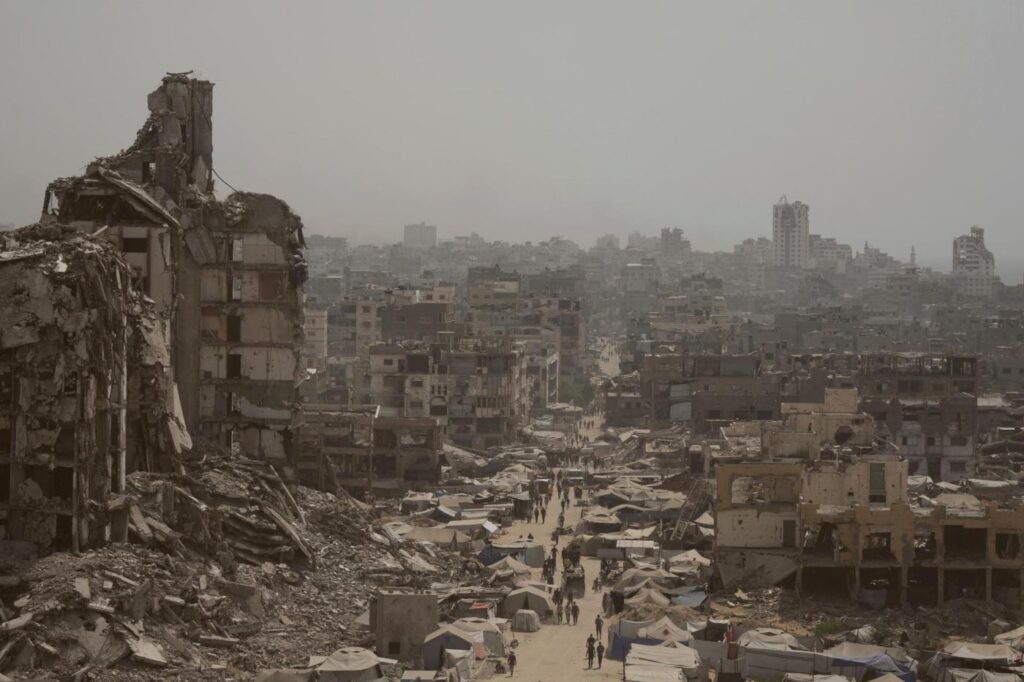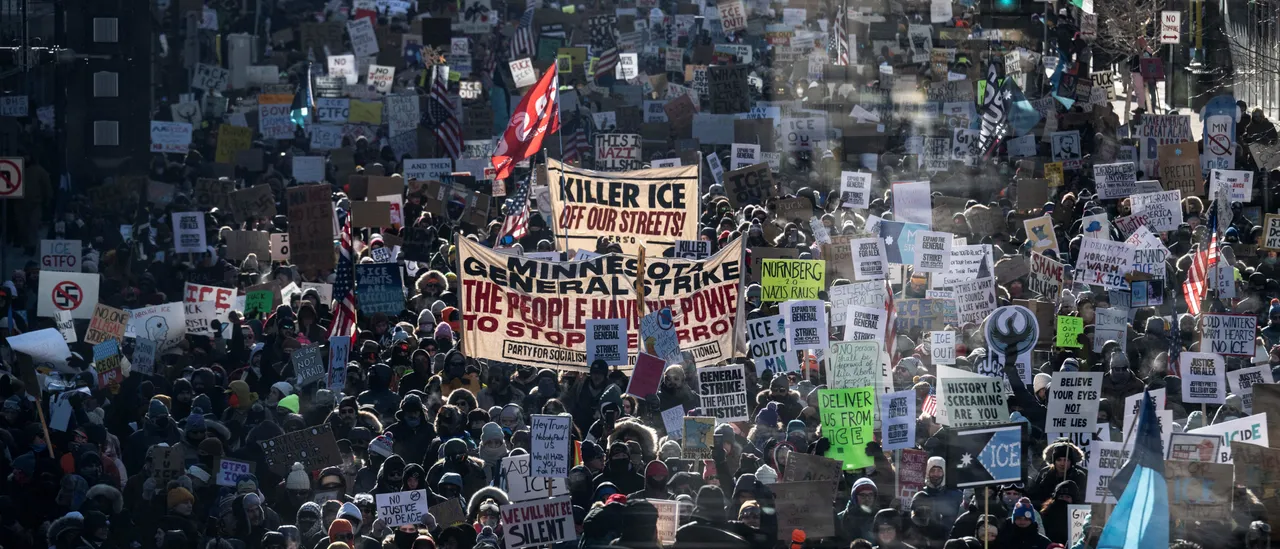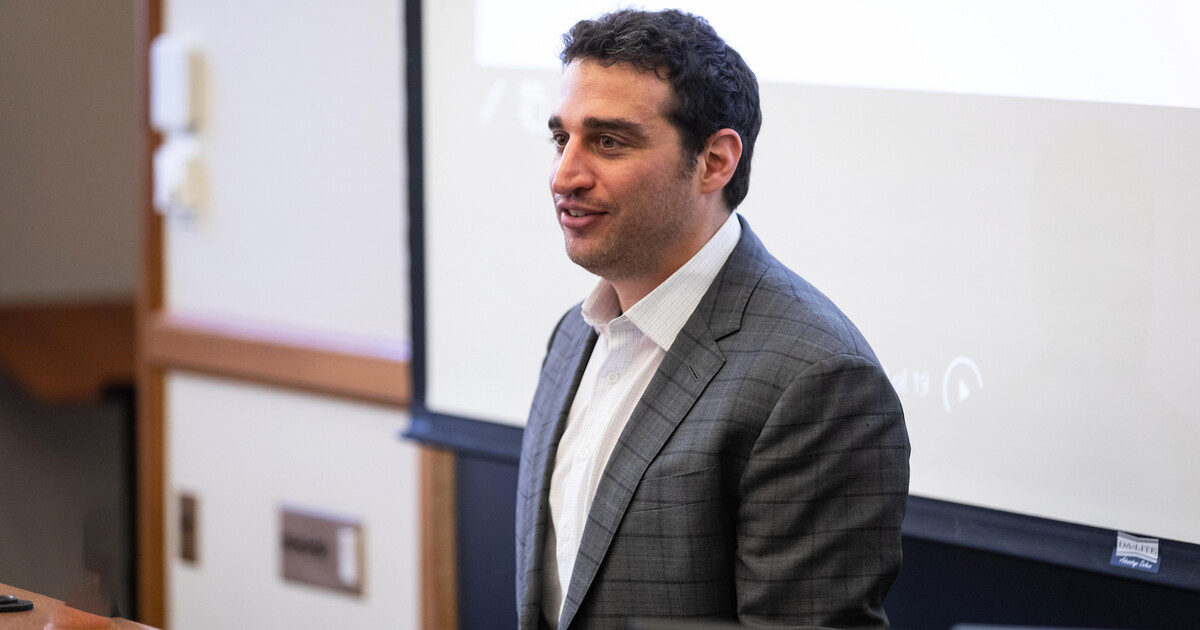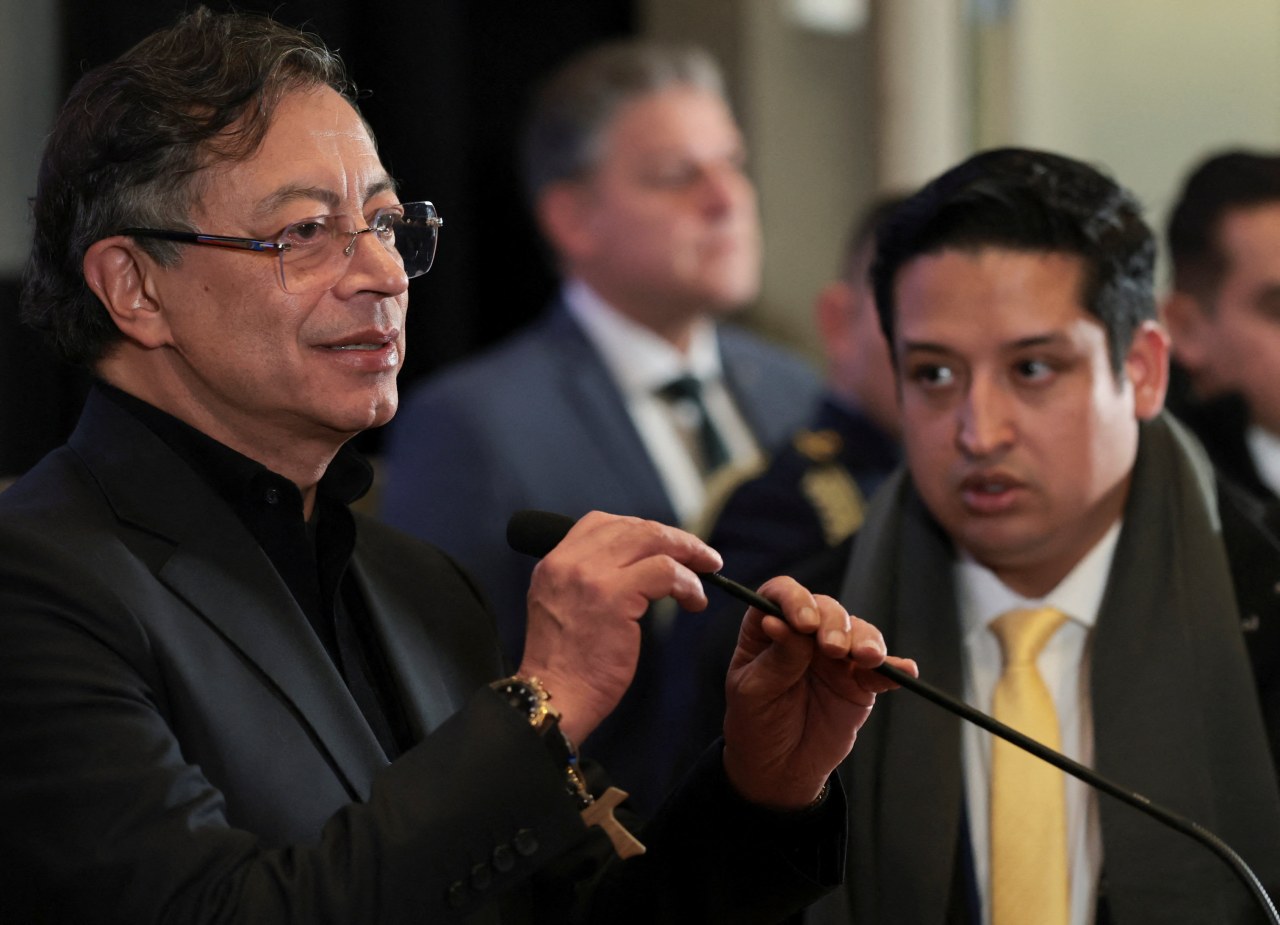
The Integrated Food Security Phase Classification has declared that Gaza is currently facing famine, with the United Nations estimating that up to 100,000 women and children are suffering from acute malnutrition. Aid agencies and human rights organizations are sounding alarms over what they describe as “widespread starvation.” In response, former President Donald Trump expressed deep concern, stating, “That’s real starvation stuff, I see it, and you can’t fake that,” while promising increased U.S. support for the people of Gaza. Israeli Prime Minister Benjamin Netanyahu countered, asserting, “There is no starvation in Gaza [and] no policy of starvation in Gaza.”
As the humanitarian crisis unfolds, a critical question arises: why does the international community focus less on Hamas, the governing body of Gaza, which has been accused of initiating hostilities against Israel? The ongoing conflict began with a violent attack by Hamas, which included acts of murder, kidnapping, and sexual violence. Despite this, the organization appears to benefit from the suffering it inflicts upon its population.
Reports from Gaza depict harrowing scenes. A particular case that gained media attention is that of Mohammed al-Matouq, whose images of extreme thinness were circulated widely. However, it was later revealed that he suffers from cerebral palsy and genetic disorders, a fact that was omitted from initial reports. Major news outlets, including The New York Times and The Washington Post, had to issue corrections regarding their coverage of the situation, specifically regarding accusations against the Israeli military.
Misinformation continues to permeate the narrative surrounding the conflict. Early claims of an Israeli strike on a hospital that purportedly killed 500 people were later attributed to the actions of Palestinian Islamic Jihad, underscoring the complexity of accurately assessing the situation in Gaza. The media has often uncritically accepted statements from Hamas, leading to significant repercussions for Israel.
The challenges in verifying information from Gaza are compounded by the fact that much of it is disseminated by the Gaza Health Ministry, which is directly controlled by Hamas. Local journalists and aid organizations often face intimidation or work in collaboration with the group, complicating efforts to obtain an accurate picture of the humanitarian crisis.
Control over aid distribution is central to Hamas’s war strategy. Recently, in ceasefire negotiations, Hamas prioritized shutting down the Gaza Humanitarian Foundation, an organization supported by the U.S. and Israel. This focus indicates that Hamas is less concerned with the welfare of civilians and more interested in consolidating its control over humanitarian resources. The group has been accused of siphoning off aid intended for the population, using it to sustain its military operations while withholding support from the very people it governs.
The accusations of mass starvation serve as a political tool for Hamas, as the resulting outrage tends to be directed at Israel. Any civilian casualties bolster international calls for intervention, which inadvertently benefits Hamas by shifting the narrative away from its aggressive actions. If Hamas were to cease hostilities and release hostages, the immediate conflict could be resolved. Yet, the organization appears to be entrenched in its position, bolstered by international sympathy.
Recent statements from leaders in France and Canada indicate a shift toward recognizing Palestine as a state, which critics argue rewards Hamas’s violent tactics. This recognition sends a troubling message that violent actions can yield political advantages, reinforcing a cycle of conflict rather than resolution.
The ongoing humanitarian crisis in Gaza is undeniably severe, but it is essential to remember that the root of this suffering lies with Hamas. To assign blame to Israel is to engage in a profound moral misjudgment. The international community must navigate this complex landscape with a clear understanding of the players involved, particularly as the situation continues to evolve.






